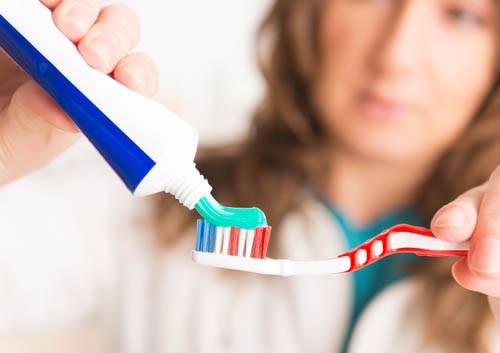Should Adults Continue Fluoride Treatments?
July 5th, 2023

Many adults wonder if they should continue to receive fluoride treatments. Our team at Dearborn West Dental wants to set the record straight about the usefulness of fluoride treatment for adults.
There are several reasons fluoride treatments could be beneficial to you as a grownup. If you have a high risk for cavities, topical fluoride applications can cut down on that risk.
If you’re experiencing gum recession that’s softening your enamel, fluoride treatments can slow down that process. Fluoride treatments may also protect expensive restorative work on crowns or bridges that may be adversely affected by plaque.
In addition, fluoride can also protect teeth in adults who have orthodontic braces or who sometimes neglect to keep up with daily oral hygiene regimens such as flossing and using mouthwash.
Do you have sensitive teeth? Consuming foods that are highly acidic or using teeth-whitening products can lead to irritated gums. Fluoride treatments remineralize your enamel and reduce sensitivity.
If you’ve undergone radiation treatment for cancer, fluoride can help restore any dry-mouth damage that may have developed during that time. Saliva acts as a buffer against the foods we eat, and without enough of it you may be more likely to get cavities.
In general, fluoride treatments are not always necessary for adults, but they can be beneficial to your overall oral hygiene depending on your situation. If you fall into one of the general areas listed above, ask about a fluoride treatment during your next visit at our Dearborn office.
We can also go over your options to treat other issues you may experience in terms of your oral health. Until then, make sure to take care of your teeth properly and use toothpaste or mouthwash that contains fluoride on a regular basis.




 Website Powered by Sesame 24-7™
Website Powered by Sesame 24-7™